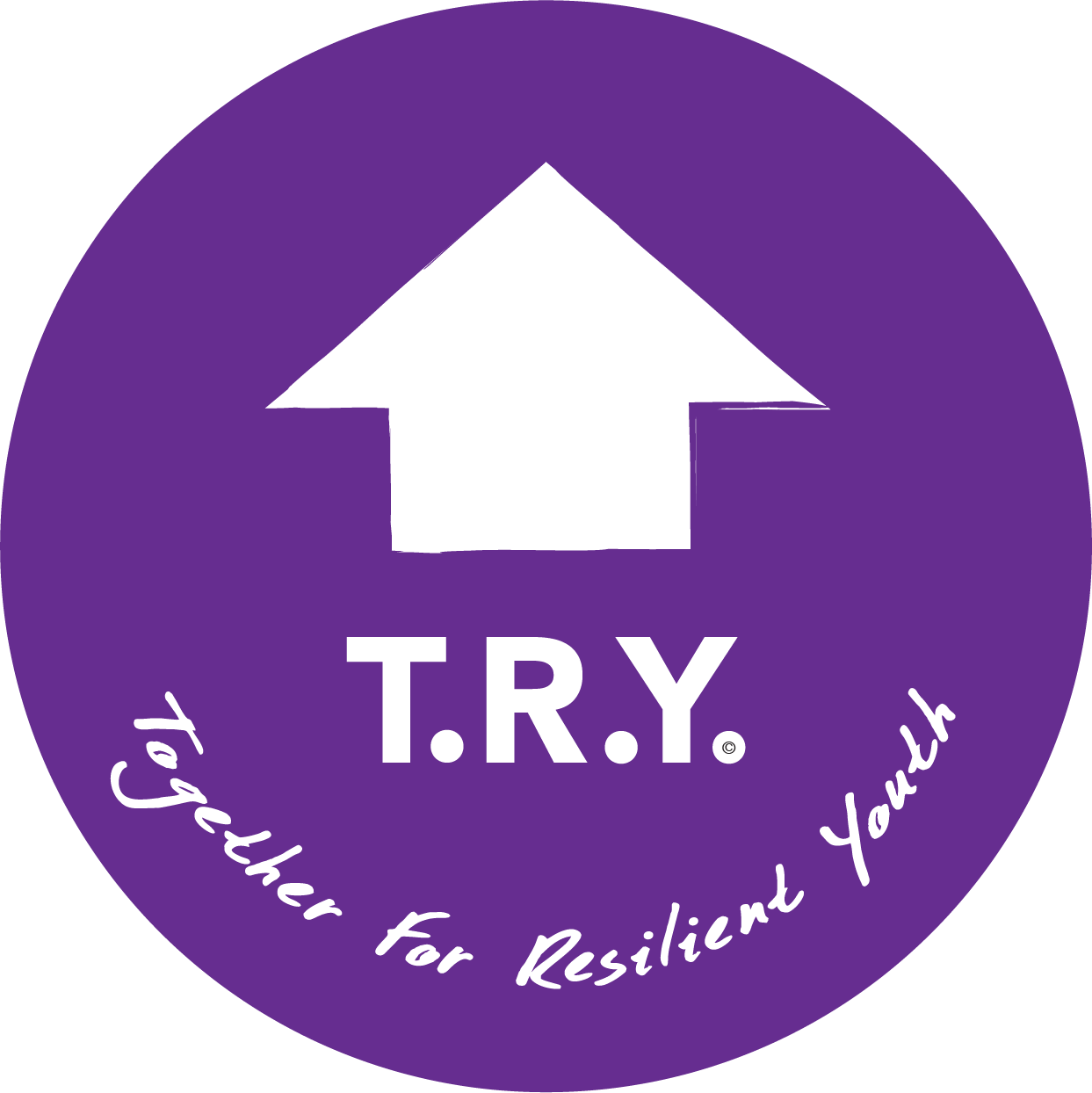Faith Plan4Zero
Understand Why Suicide Prevention Fits with Your Role as a Faith Community Leader
Faith communities are a natural setting for suicide prevention. People who are religious tend to have greater moral objections to suicide (Dervic et al., 2004; Dervic et al., 2011). Also, spiritual beliefs and practices tend to help people feel greater hope and connectedness and find meaning in their lives (Alexander et al., 2009; Brenner et al., 2009). Therefore, as a faith community leader you have an important role to play.
Counseling related to suicide fits with the general role of faith community leaders:
Being a spiritual guide and helping people find meaning in their lives and a sense of hope
Supporting people who are experiencing life challenges or crises or mourning a death or other loss
Individuals with mental health problems, including those who are suicidal, frequently turn to faith community leaders for help (Wang et al., 2003; Ellison et al., 2006).
As a faith community leader, you are also well positioned to play an active role in suicide prevention by fostering a sense of connection among individuals and a feeling of belonging to the faith community as a whole. It is also important that you encourage your members to reach out to those in your faith community who may be experiencing mental health or substance abuse problems, including individuals on the periphery of the community. Strengthening connectedness to community is an important factor in decreasing risk for suicide (Rodgers, 2011).
Respond to People Who May Be At Risk for Suicide
Prepare ahead of time
Become familiar with the health and mental health resources in your community.
Develop collaborative working relationships with local mental health clinicians, counseling centers, and hospitals to share information, skills, and referrals.
Try to find providers who understand and respect the value faith brings to a person.
Take action if you encounter someone who is at immediate risk
If someone is:
Talking about wanting to die or to kill oneself
Looking for a way to kill oneself, such as searching online or obtaining a gun
Talking about feeling hopeless or having no reason to live Take the following steps right away:
Talk with the person and show you care. Listen without judging, regardless of your religious beliefs about suicide.
Ask the person, "Are you thinking of ending your life" or "Are you considering killing yourself?"
If the person has a plan and access to lethal means, do not leave him or her alone. Contact a local mental health professional, a local hospital emergency department, or the National Suicide Prevention Lifeline at 1–800–273-TALK (8255). Calls to the Lifeline are routed 24 hours a day to the crisis center closest to the caller where staff are trained to work with people who are suicidal.
Provide any relevant information you may have about the person to those who are managing the crisis.
Keep in contact with the person after the crisis and provide ongoing care and support if he or she wants it. Draw on other leaders and volunteers in the community to provide support as appropriate.
Reach out to someone who may be at risk
The steps just covered are an appropriate response to a person showing immediate warning signs of suicide. To help the many other people who may be at risk for suicide, you can take the steps below. The extent to which you have training and experience in addressing mental health problems may determine the type of support you are comfortable providing.
Reach out to the person and talk with him or her. Listen without judging and show you care. You could mention changes you have noticed in his or her behavior and that you are concerned.




